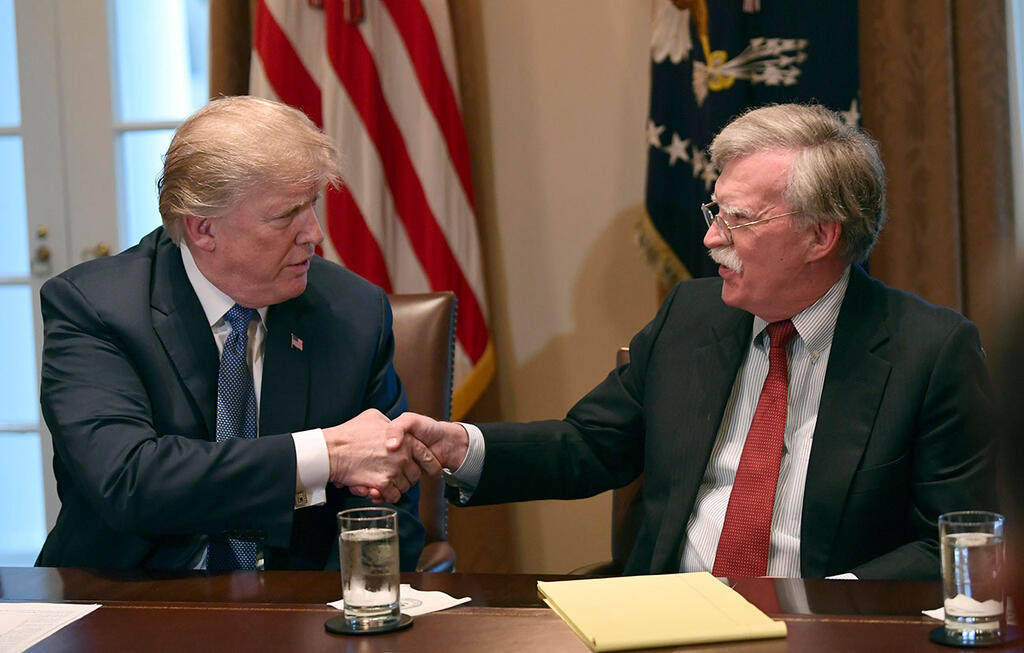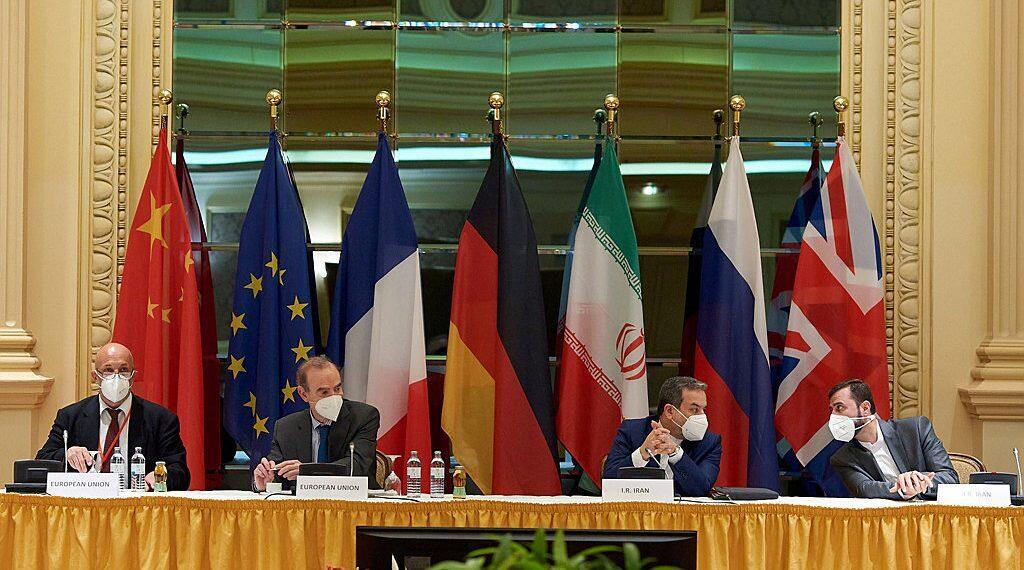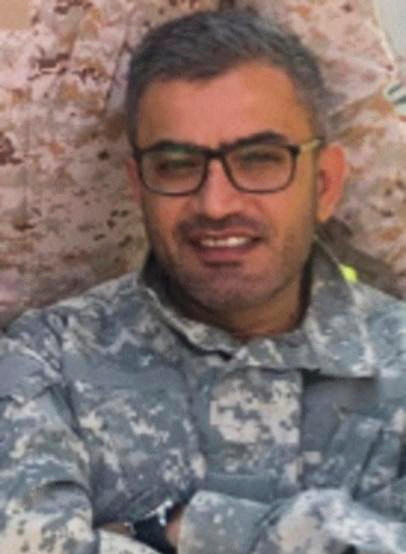The United States charged a member of Iran's elite Revolutionary Guard Corps on Wednesday with plotting to murder John Bolton, a national security adviser to former President Donald Trump.
The Justice Department alleged that Shahram Poursafi, also known as Mehdi Rezayi, 45, of Tehran, was likely motivated to kill Bolton in retaliation for the death of Qassem Soleimani, a commander of Iran's Islamic Revolutionary Guard Corps killed in a U.S. drone strike in January 2020.
3 View gallery


Former U.S. national security adviser John Bolton, right, and former President Donald Trump
(Photo: AP)
Iran's mission to the United Nations did not immediately respond to a request for comment. Iran does not have an extradition treaty with the United States, and Poursafi remains at large. The FBI on Wednesday released a most-wanted poster.
According to the criminal complaint, Poursafi asked a U.S. resident identified only as "Individual A" to take photographs of Bolton, under the guise that the photos were needed for a forthcoming book. The U.S. resident then introduced Poursafi to a covert government informant who could take the photographs for a price.
Investigators said the following month Poursafi contacted the informant on an encrypted messaging application and offered the person $250,000 to hire someone to "eliminate" Bolton - an amount that would later be negotiated up to $300,000.
When the informant asked Poursafi to be more specific in his request, he said he wanted "the guy" purged, and he provided Bolton's first and last name, according to a sworn statement in support of the complaint.
He later directed the informant to open a cryptocurrency account to facilitate the payment. In subsequent communications, he allegedly told the informant it did not matter how the killing was carried out, but that his "group" would require a video as proof that the deed was done.
In a statement on Twitter on Wednesday, Bolton thanked the Justice Department for taking action.
"While much cannot be said publicly right now, one point is indisputable," he said. "Iran's rulers are liars, terrorists and enemies of the United States."
The State Department had no immediate comment on whether the decision to charge Poursafi was in any way linked to U.S. diplomacy seeking to revive the 2015 Iran nuclear deal.
3 View gallery


World powers meet with Iranian officials in Vienna to discuss a return to the 2015 nuclear deal
(Photo: Reuters)
Indirect talks between the United States and Iran wrapped up in Vienna on Monday with European Union officials saying they had put forward a final text to resuscitate the agreement, under which Tehran curbed its nuclear program in return for relief from U.S., EU and UN economic sanctions.
Trump reneged on the nuclear deal in 2018 and restored harsh U.S. sanctions, prompting Tehran to start violating the agreement's nuclear limits about a year later and reviving fears Iran might be seeking to develop nuclear weapons — an ambition it denies.


